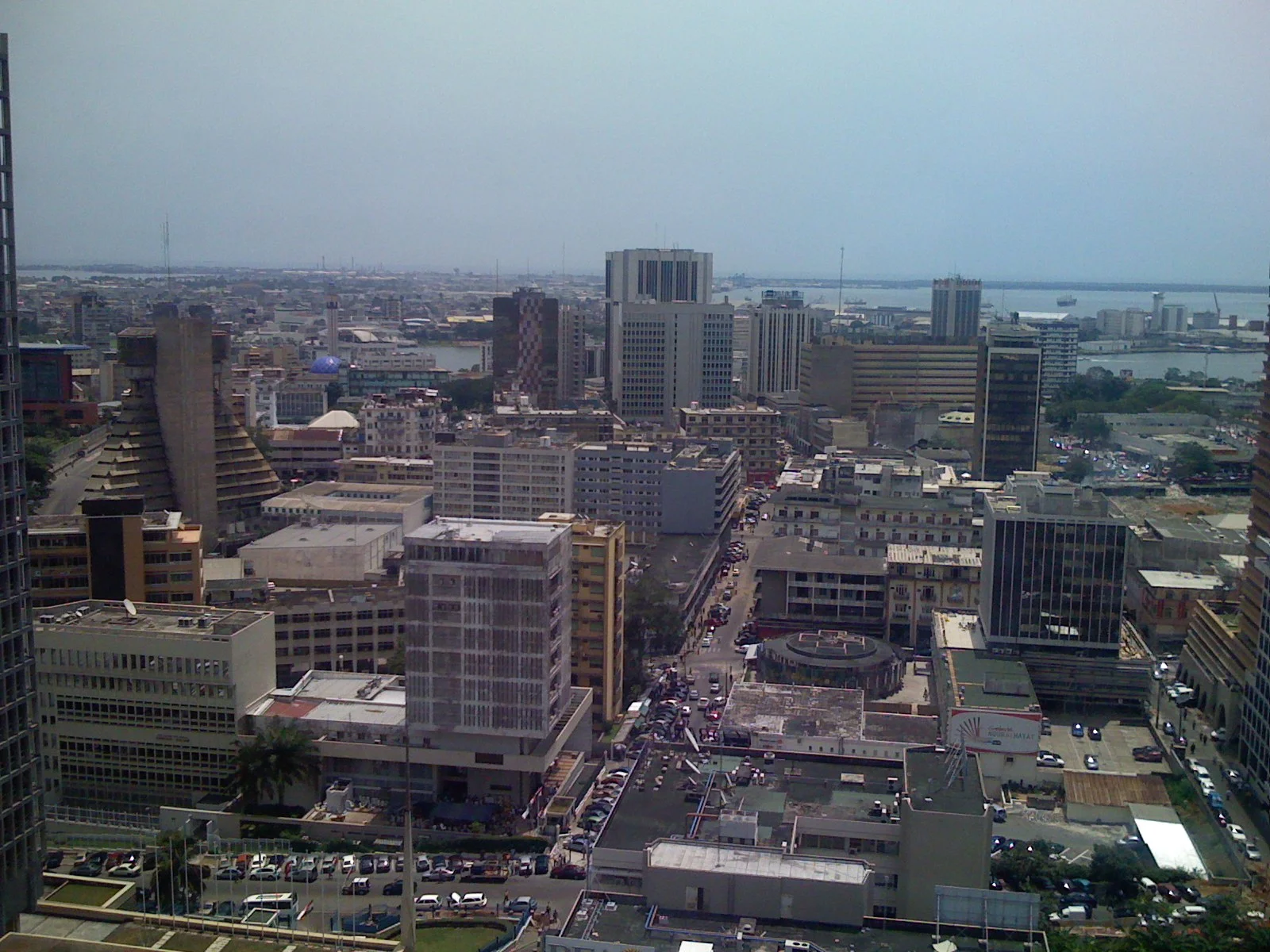Extensive and coordinated military mutinies in Côte d’Ivoire during the first week of January 2017 have been attributed to grievances about pay and housing allowances. But we should not have any illusions. This event has a political dimension that could keep Côte d’Ivoire on the edge of instability until the presidential election of 2020.
There was high tension in several Côte d’Ivoire cities during first week of January 2017. Military units mutinied against their civilian leadership in the major cities, including Abidjan and Bouaké. The mutinous soldiers were fully armed, and in some residential neighborhoods, they frightened people by firing their weapons.
Read MoreThe United States is warning African leaders not to change their constitutions to eliminate two-term limits for heads of state. It is not apparent that they are taking the warnings seriously.
Many African heads of state are subject to constitutional two-term limits, similar to the situation in the United States. As they approach the end of their mandates, a number of leaders want to change their national constitutions to eliminate the two-term limit so that they can continue to run for election and remain in power indefinitely.
Read MoreAFRICA TO ENJOY TEN MORE YEARS OF AGOA
The African Growth and Opportunity Act (AGOA) will be extended for an additional ten years. President Obama signed the legislation into law on June 29, 2015.
AGOA became operational for the first time at the beginning of 2001. President Clinton signed the legislation toward the end of his second term, but the program began during the Republican administration of George W. Bush.
Read MoreREGIME CHANGE IN BURKINA FASO: State Department: Please do not designate the change as a “military coup”.
Massive demonstrations in Ouagadougou, the capital city of the West African Republic of Burkina Faso on October 30, 2014, resulted in the resignation of President Blaise Compaore. As of November 1, Compaore was in Côte d’Ivoire where he has been granted asylum.
Simultaneously with Compaore’s resignation and flight, the Burkinabe Army announced that it was taking power for a transitional period, with the promise that they will relinquish power after a democratic election for a new head of state.
Read More